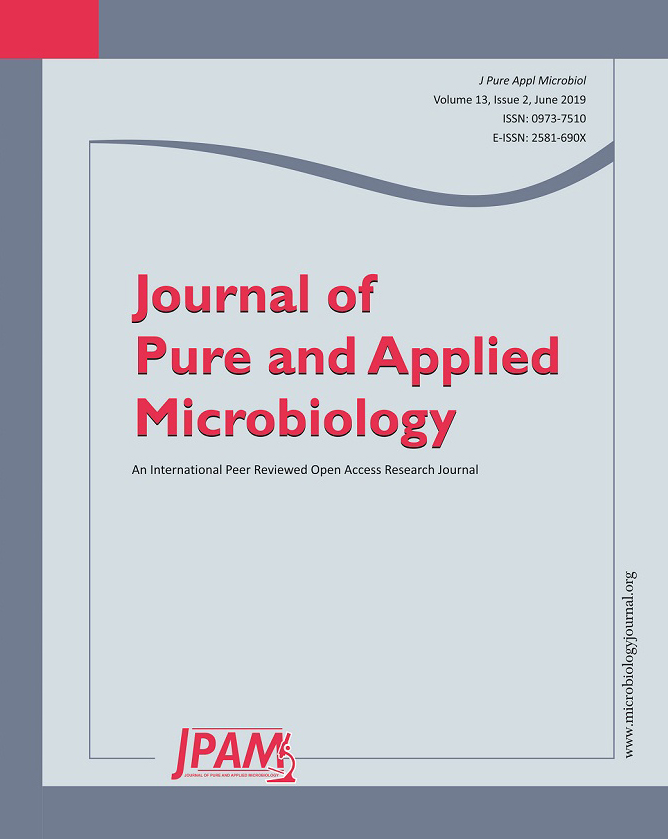Soil microbial community structure is influenced by both biotic and abiotic factors prevailing in the soil milieu. The pH is one of the noticeable abiotic factors that affect soil microbial community. Different species prefer different range of pH for their optimal growth; however they can tolerate a wide range around acidic, neutral or alkaline pH. Microbes with broad range of pH tolerance i.e. from acidic to alkaline soil have better survival rate or opportunity as compared to other microbes which have narrow range of pH tolerance. So, in the present study growth response of plant growth promoting bacteria (PGPB) from rhizosphere and rhizoplane of different groups of plant has been characterized at broad range of pH (3.0-13.0) and hence can be applied in soils of different pH range to enhance plant growth and yield. Ten bacterial isolates, which exhibited in-vitro plant growth promoting traits i.e. phosphate solubilisation, biological nitrogen fixation, Indole acetic acid (IAA) production and siderophore production, revealed differential growth response to pH. Some isolates showed good response in broad pH range from acidic to alkaline (~3.5 to ~12.5). These plant growth promoting bacterial groups therefore can be potentially used as bacterial consortium for application in agricultural fields to enhance crop productivity.
pH, growth, response, PGPB, consortium, tolerance.
Article Metrics
Share This Article
Journal Tools
Journal Metrics 2018
© The Author(s) 2019. Open Access. This article is distributed under the terms of the Creative Commons Attribution 4.0 International License which permits unrestricted use, sharing, distribution, and reproduction in any medium, provided you give appropriate credit to the original author(s) and the source, provide a link to the Creative Commons license, and indicate if changes were made.


